There is no competition for PHP’s state on the global web. PHP is utilized by 76.4% of all websites that employ the server-side programming language. To increase PHP’s flexibility, developers structured and packaged several regularly used PHP functions, known as PHP frameworks.
CodeIgniter and Laravel are two of the most popular PHP frameworks nowadays. Their amazing solutions have greatly helped the current web scene.
According to statistics, 119,000 websites presently use CodeIgniter, while 6,45,000 use Laravel.
What is Laravel?
Laravel is an open-source PHP framework that enables developers to create strong apps with minimal code. The Laravel framework, built on the model-view-controller architecture, includes an integrated packaging system and a dedicated dependency manager.
Pros of Laravel:
- Laravel has a plethora of pre-packaged tools for authentication, API testing, and more.
- Laravel has a templating engine called Blade, which has incredible capabilities for formatting data and creating complex web layouts.
- Compared to other PHP frameworks, Laravel is easy to learn. Furthermore, user documentation is in its simplest form.
- Laravel’s Artisan CLI automates all repetitive tasks and delivers up-to-date code for databases, migrations, and custom solutions.
- The reverse routing feature in Laravel is unusual in that it allows route alterations to be propagated automatically.
- Laravel includes dependency injection technology, which injects class dependencies into a class via a constructor or setter method. It provides a user-friendly testing environment and automatically loads dependencies.
- Laravel offers expressive testing methodologies through a PHP unit that simplifies user behavior and shortens testing time.
Cons of Laravel:
- Laravel is extremely lightweight, which some see as a benefit, but it also has several drawbacks. Laravel’s lightweight nature causes backend database query congestion and reduces framework performance.
- Although Laravel is open-source and has a large community, it is less reliant on third-party libraries.
- Because of the enormous Laravel community, determining which libraries are trusted and high-quality requires time and effort.
What is CodeIgniter?
CodeIgniter is an open-source PHP framework for creating dynamic, fully functional web pages. CodeIgniter provides a comprehensive set of libraries for performing common and repetitive operations. The CodeIgniter framework accesses the libraries using a simple interface and logical structure.
Pros of CodeIgniter:
- CodeIgniter is a lightweight framework, hence it has a small footprint. CodeIgniter is faster than other popular frameworks thanks to its small footprint.
- CodeIgniter requires no additional effort or complexity to install and use for both rookie and skilled PHP writers.
- CodeIgniter has a large community of PHP programmers and developers who use it to create a variety of web solutions.
- CodeIgniter accelerates web applications by enabling page and database caching.
- CodeIgniter enables programmers and developers to create safe, feature-rich PHP applications.
- Many features are available in CodeIgniter to protect web applications from security risks such as SQL injections, cyber attacks, and code execution.
Cons of CodeIgniter:
- When it comes to code maintainability, CodeIgniter presents unique issues. Developers spend a lot of time updating, changing, and maintaining code.
- The CodeIgniter libraries are less extensive than those of other PHP frameworks available today.
- Development and growth in CodeIgniter have been stopped, with fewer updates. This frequently causes the version to remain in sync.
CodeIgniter or Laravel: A Detailed Comparison
CodeIgniter
Simplicity:
CodeIgniter takes pride in its simplicity and minimalistic approach, which makes it perfect for beginners or projects that value simplicity.
Performance:
CodeIgniter is known for its lightweight design and rapid performance, making it ideal for small to medium-sized applications.
Learning curve:
CodeIgniter has a simple learning curve due to its minimalist design and good documentation, making it easy for beginners to understand.
Community:
While CodeIgniter has a smaller community than Laravel, it retains a loyal following and offers adequate assistance via forums, documentation, and tutorials.
Database Support:
CodeIgniter supports a variety of databases, including MySQL, PostgreSQL, SQLite, and Microsoft BI, and provides intuitive and customized database interactions.
Templating:
Uses basic PHP syntax for views, giving developers complete control over HTML markup and making it simple to combine with current projects or technologies.
Check CodeIgniter Template – Berry CodeIgniter Admin Template
REST API Development:
While CodeIgniter enables RESTful API development, it may require more manual setup than competing frameworks. However, its lightweight nature allows for speedy API development.
Testing:
CodeIgniter supports unit testing, but it lacks built-in support for higher-level testing such as integration and acceptability testing, which may need the use of external tools or libraries.
Laravel
Feature Richness:
Laravel is feature-rich, providing a wide range of features out of the box, including an ORM (Eloquent), a template engine (Blade), and built-in support for routing, authentication, and testing.
Performance:
Despite its extensive feature set, Laravel maintains excellent speed, making it suited for both small and large-scale projects.
Learning curve:
Laravel is more difficult to learn than CodeIgniter due to its large feature set and expressive syntax. However, its extensive documentation and active community make the learning process more manageable.
Community:
Laravel has a huge and active community with significant resources such as forums, tutorials, packages, and documentation, ensuring strong support and regular updates.
Database Support:
Laravel provides ORM (Eloquent) for database interactions, supports numerous databases, and includes powerful migration tools for efficient database management.
Templating:
Blade, a robust templating engine that includes features like as template inheritance, loops, and conditional statements for better code organization and reusability.
Check Laravel Template – Datta Able Laravel Admin Dashboard
REST API Development:
Laravel includes built-in support for creating RESTful APIs using resources and controllers, as well as features like API rate limits and authentication, which streamline the API development process.
Don’t forget to read – Steps to Perform CRUD Operations in Laravel
Testing:
Laravel includes built-in testing capabilities, such as PHPUnit integration and Laravel Dusk for browser testing, which makes it easier to develop and execute tests than competing frameworks.
Wrapping It Up
In the Laravel vs CodeIgniter match, Laravel succeeds over CodeIgniter due to the modern design and advanced capabilities it offers.
However, developers must select their PHP framework based on the project’s requirements. Also, they must carefully consider the benefits and drawbacks of each PHP framework before making a decision.

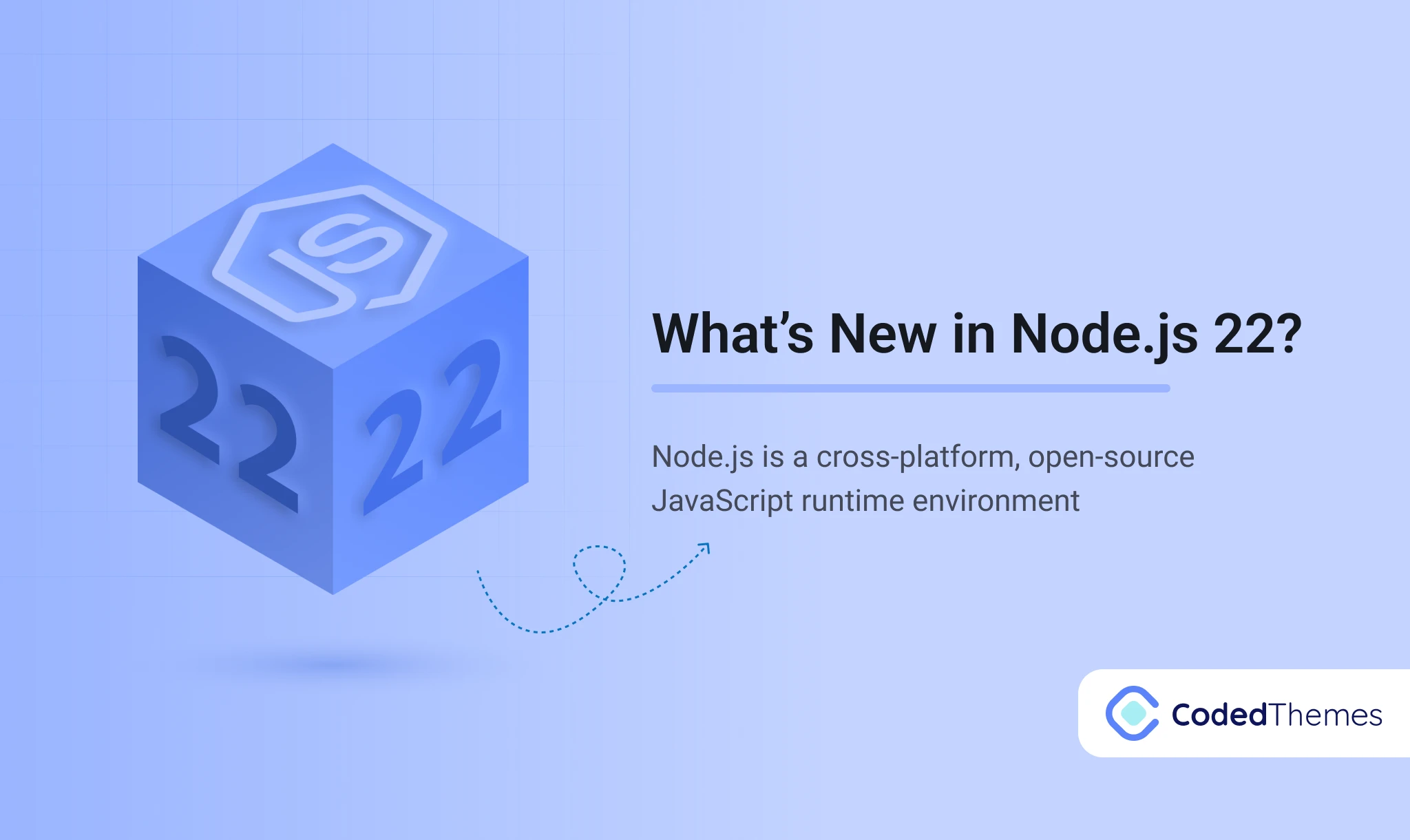
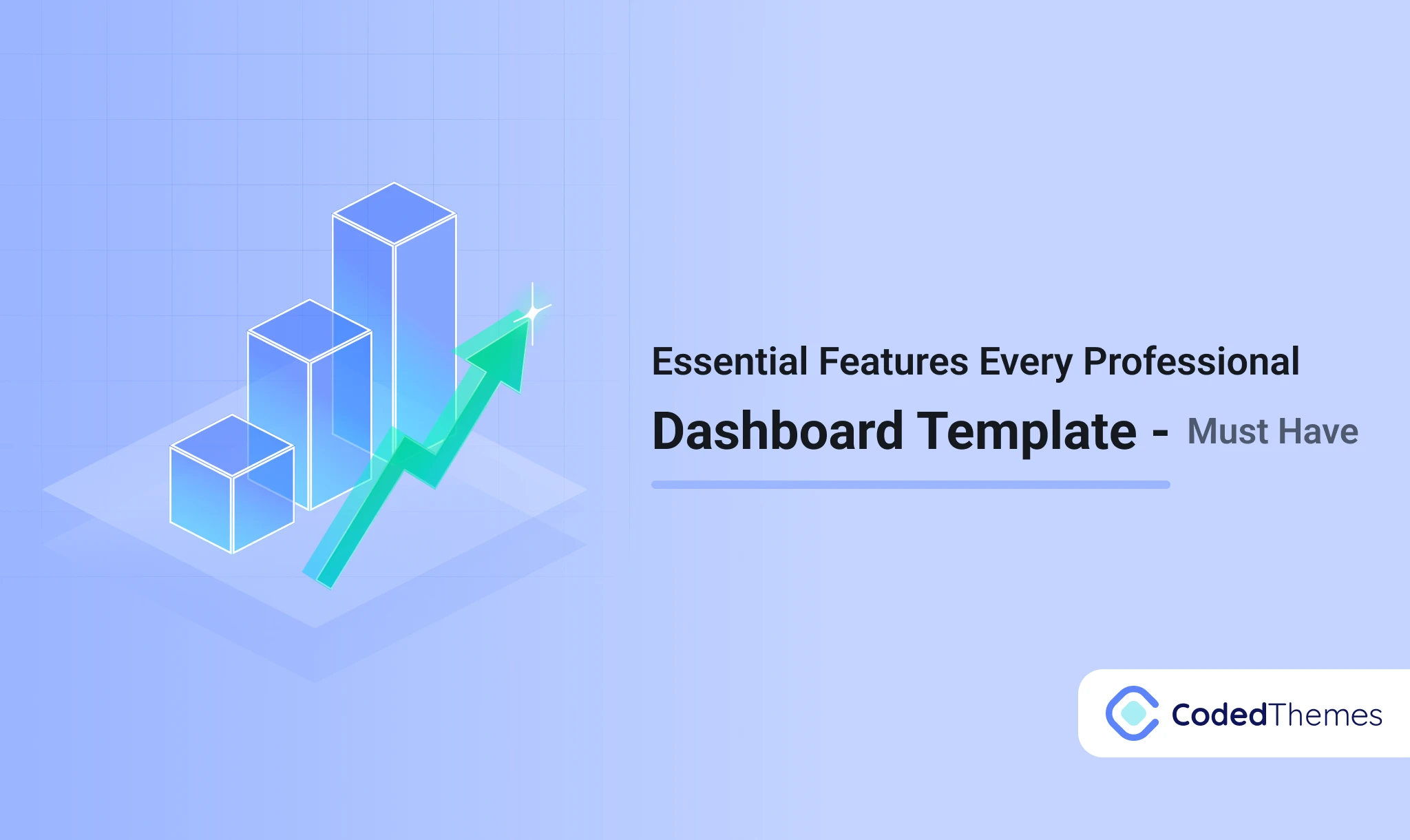
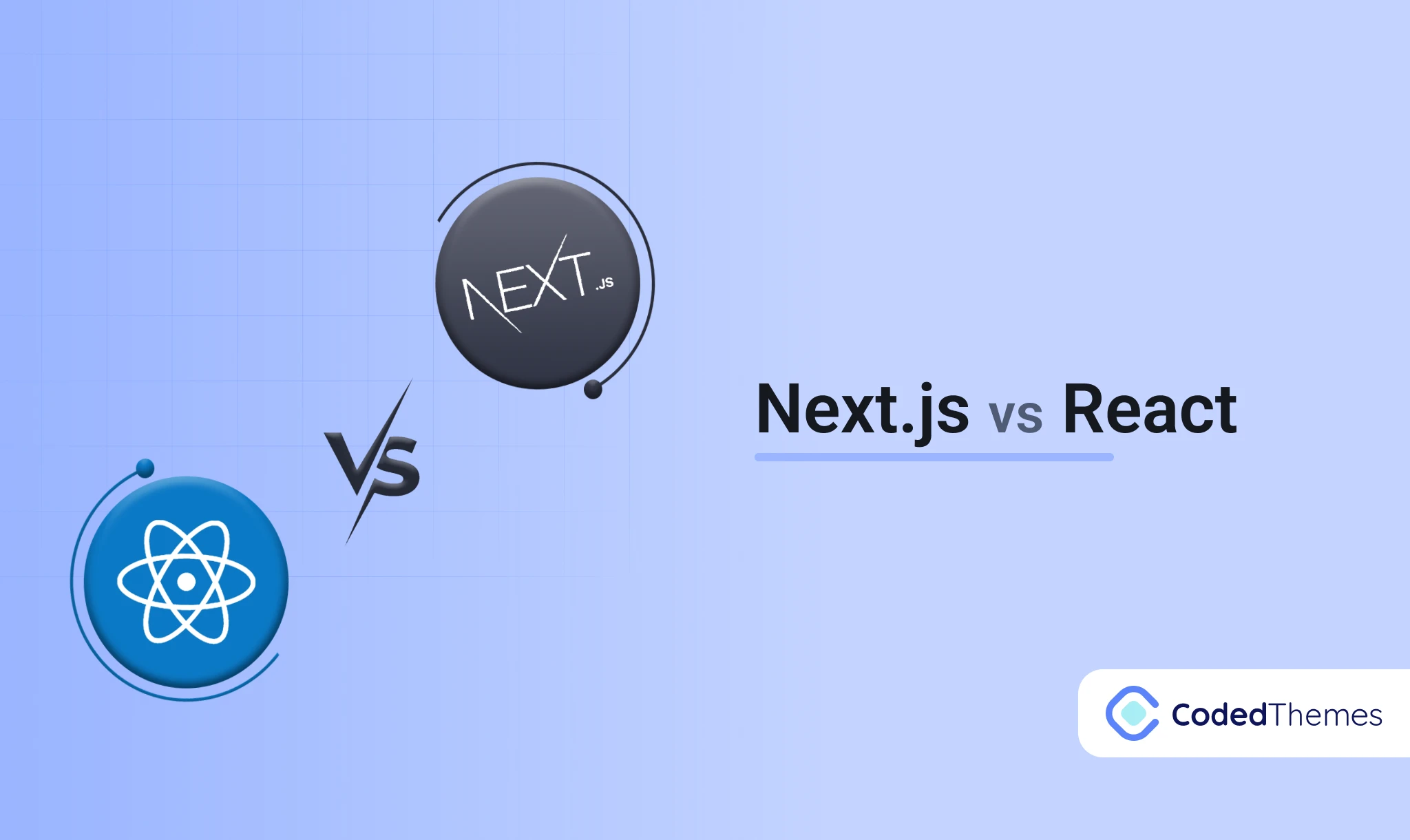
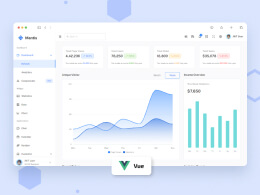
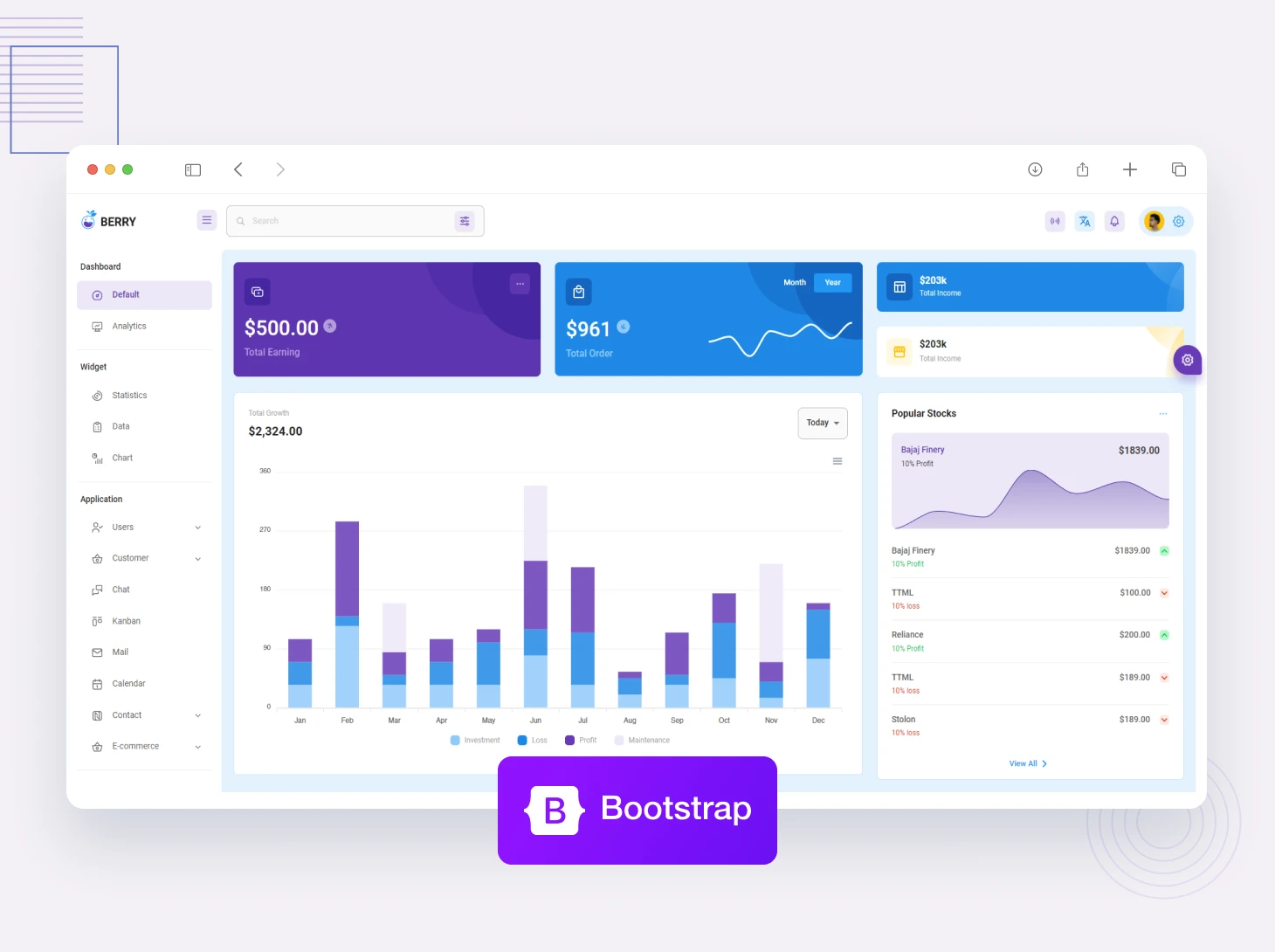
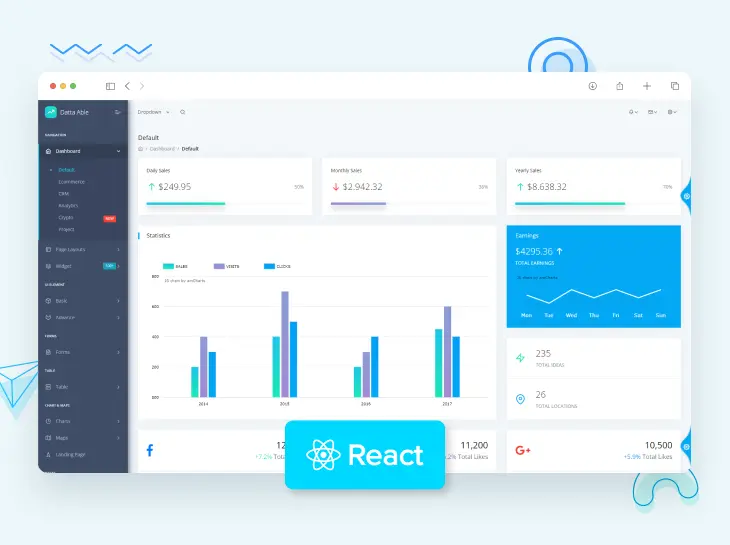




Comments